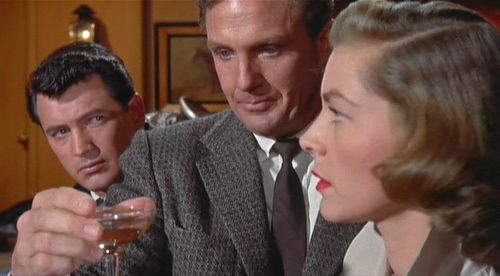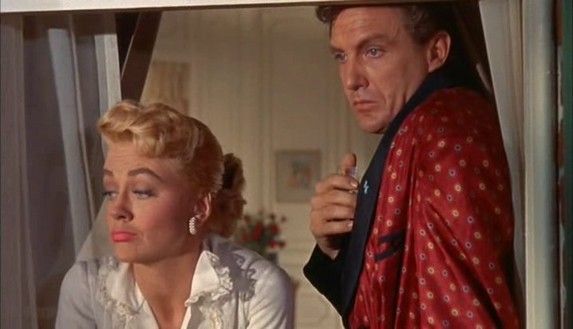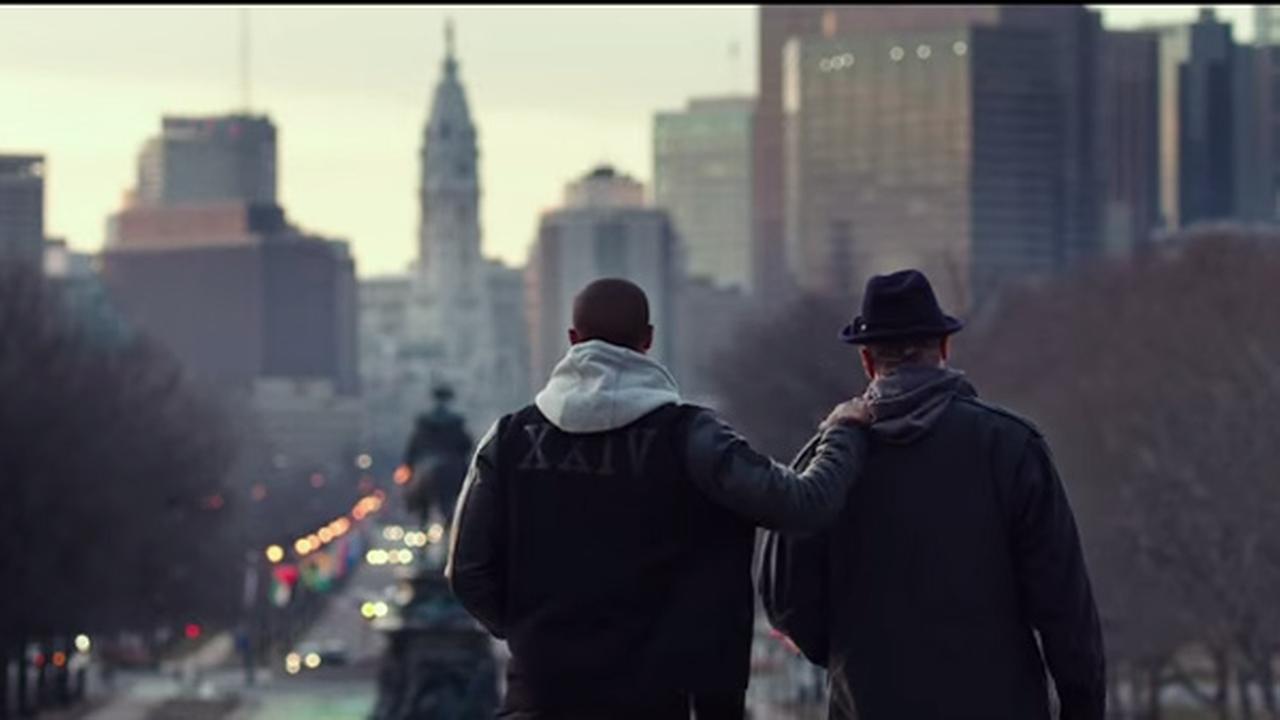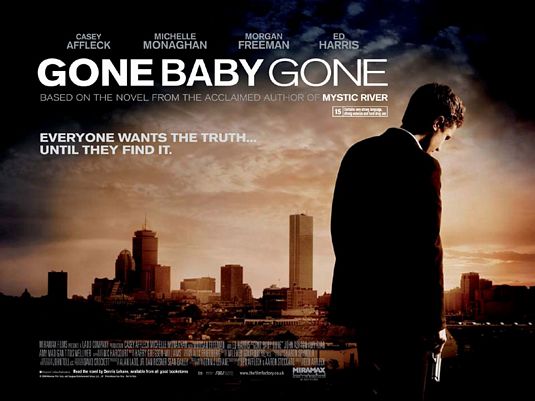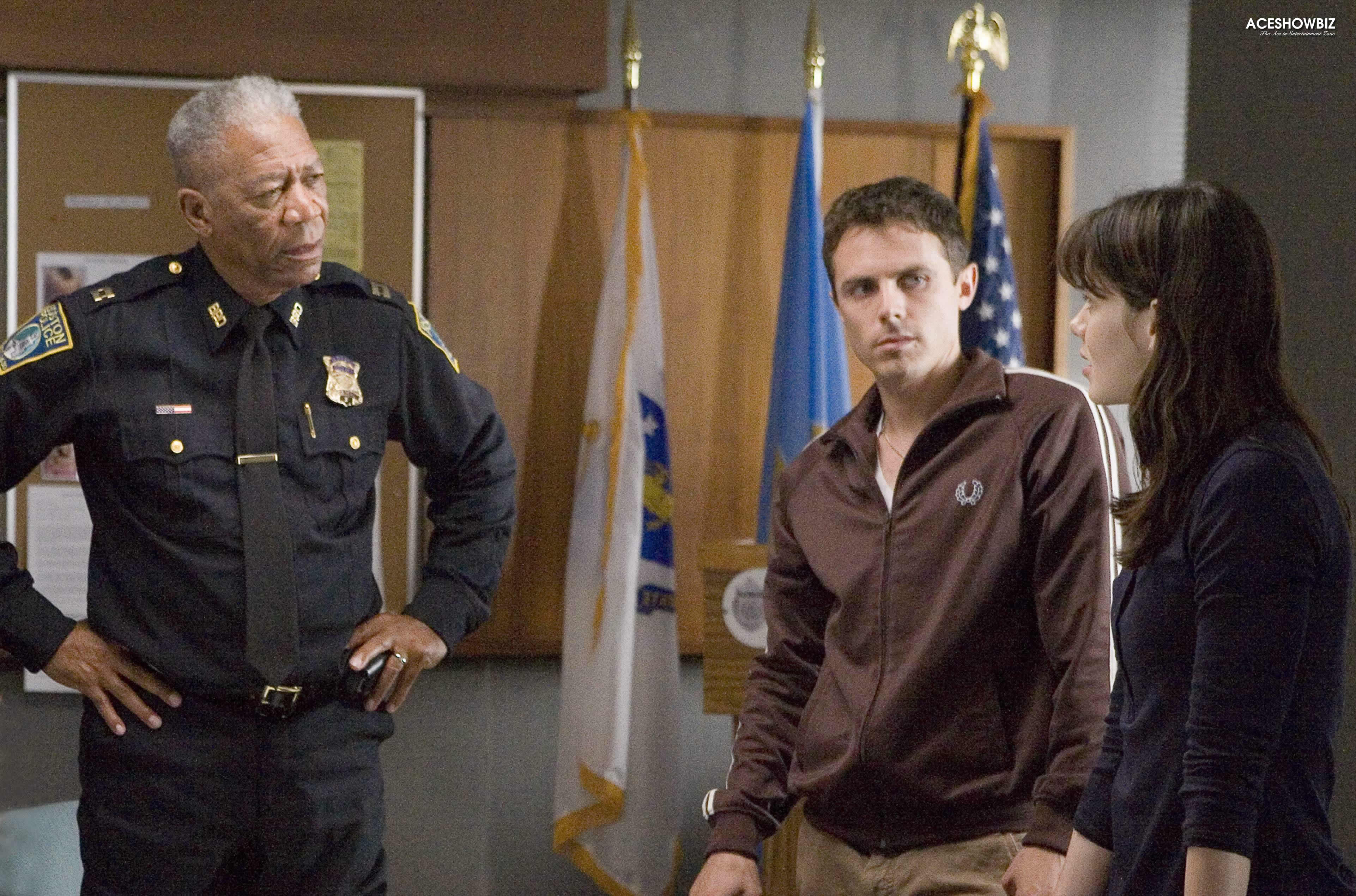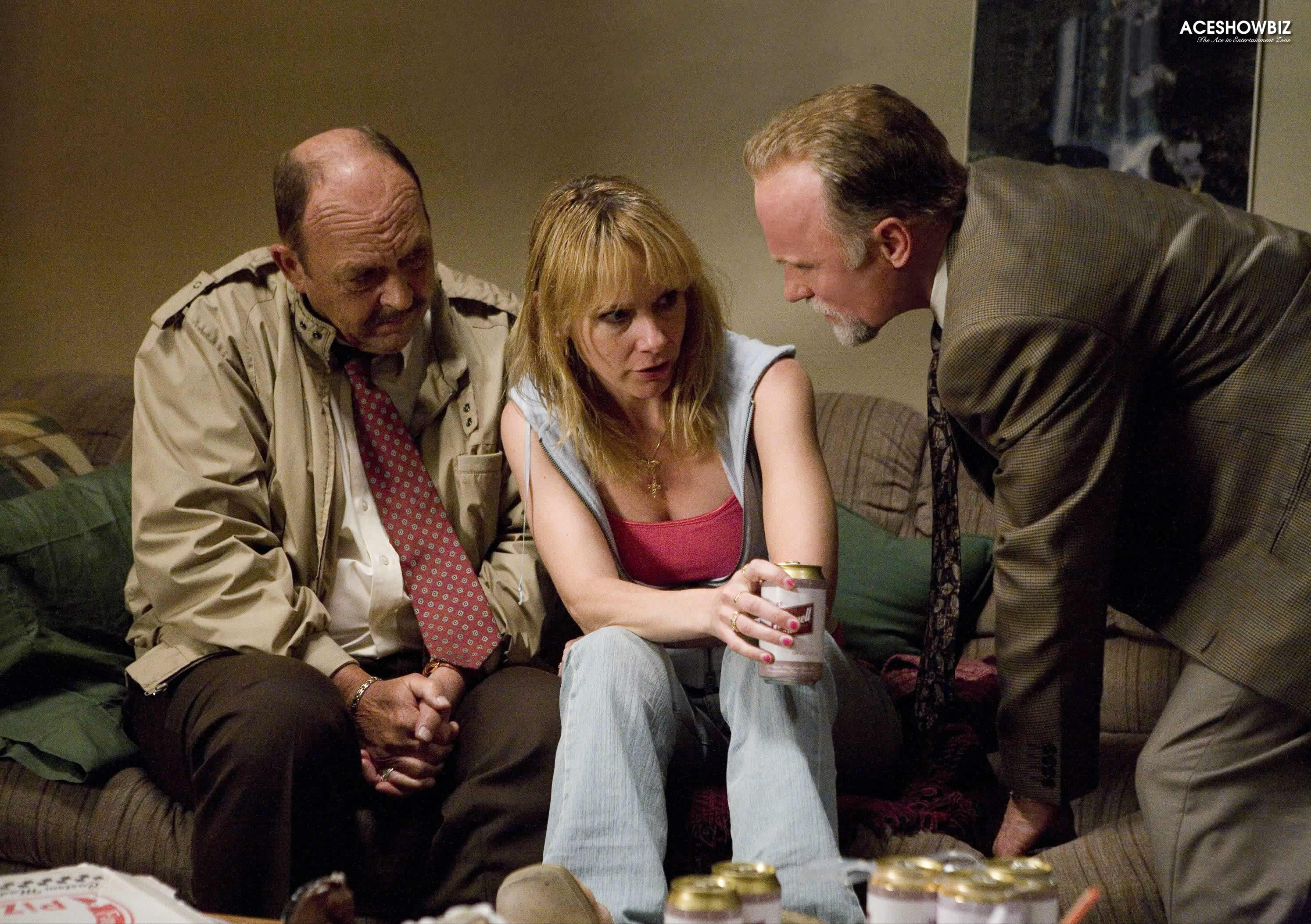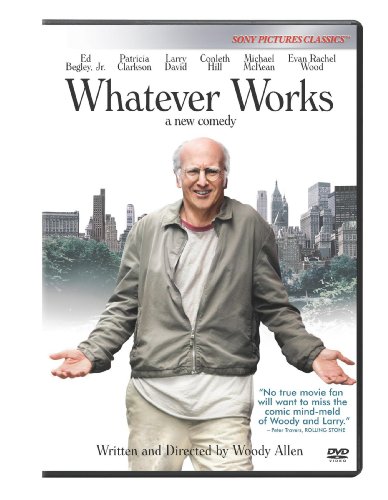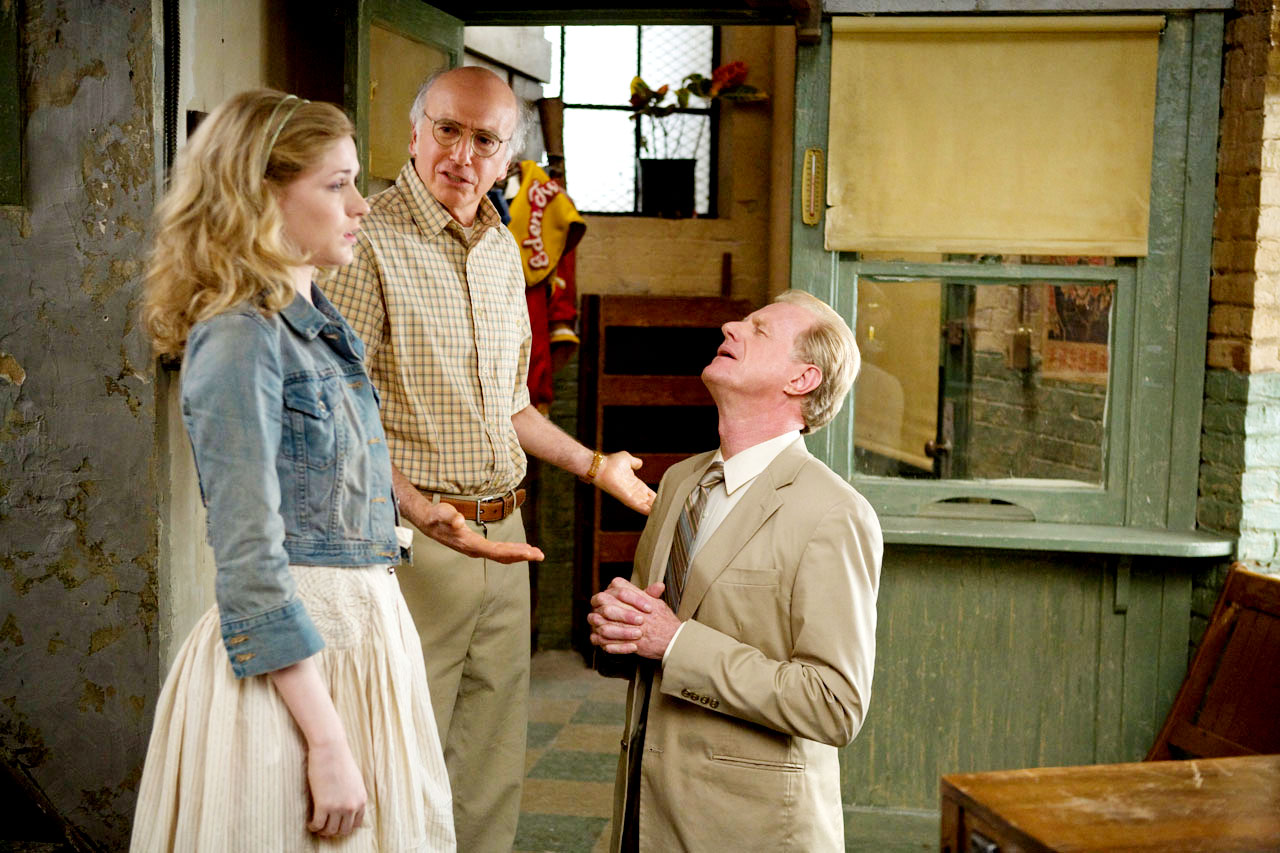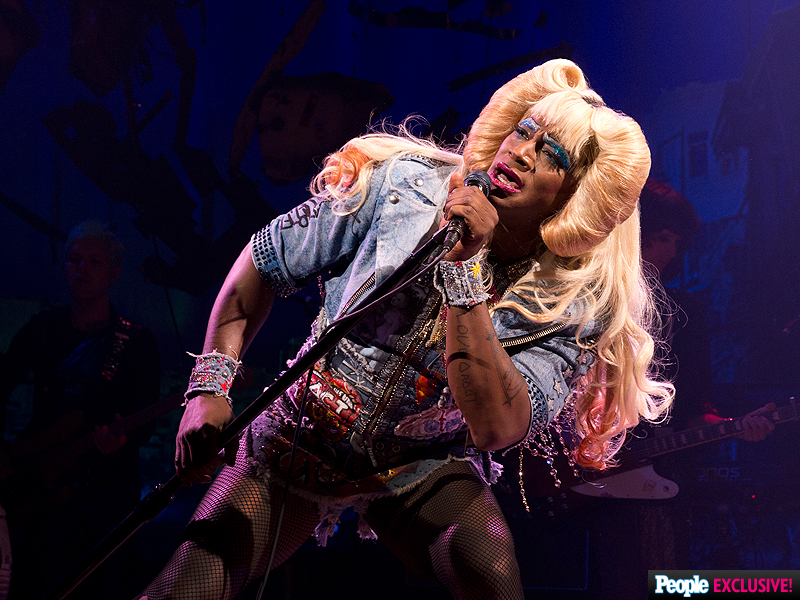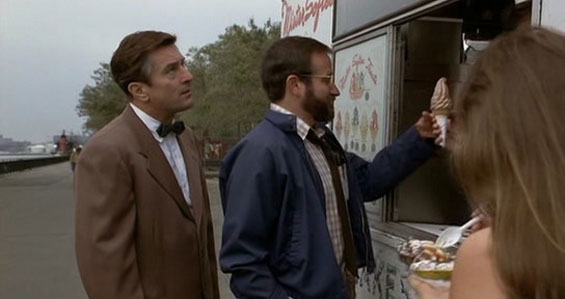THE TENDER TRAP
Despite some dated ideas about dating and relationships, the 1955 romantic comedy The Tender Trap is still sparkling adult entertainment thanks to a proven rom-com premise and some terrific performances.
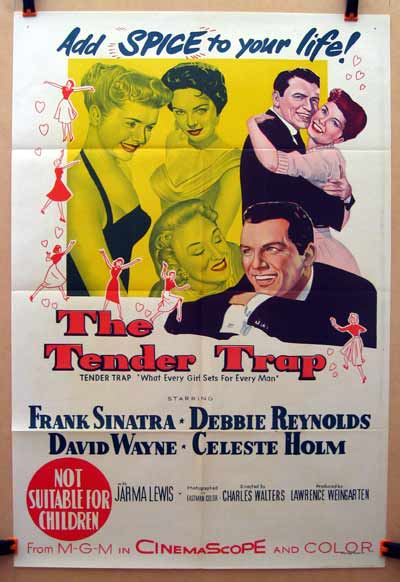
Charlie Y. Reader (Frank Sinatra) is a theatrical agent and confirmed bachelor who lives in an elegant Manhattan penthouse complete with hot and cold running women, parading in and out of the place 24/7 much to the shock and jealousy of Charlie's best friend, Joe (David Wayne), who has come to New York from Indianapolis after leaving his wife. Joe finds himself attracted to Sylvia (Celeste Holm), who only has eyes for Charlie.

Enter Julie Gillis (Debbie Reyolds), a young wannabe actress who gets cast in a show that Charlie is involved in, but acting is just a time-filler for Julie. Julie wants to be a wife and a mother and knows exactly what kind of man she wants, how many children she wants, and where they will all live and won't even sign a run of the play contract for the show because she's afraid show business might interfere with her plan, but that's nothing compared to the fight she has to put up to keep Charlie at arm's length, who stands for everything that Julie is against.

Adapted from a stage play by Max Schulman and Robert Paul Smith, Julius J. Epstein's screenplay does contain some dated elements, but the screenplay does offer some surprising adult touches I really didn't see coming...the fact that Joe falls in love with Sylvia and actually proposes to her, even though he technically is still married, had to be a bit of an eye-opener in 55, not to mention the fact that Charlie actually proposes to two different women in a 24 hour period. We see from the opening frames, that Charlie is a player and in the beginning he claims to hate it, even though it's clear that he doesn't. Charlie does slimey things during the course of the story, but one thing I noticed is that he never actually lies to anyone, which I found refreshing for a romantic comedy.
Charlie is not in this alone though...none of these characters had time to polish their halos, they all make wrong moves at one point or another, causing some very tangled relationships, which has been the genesis for classic romantic comedy forever and though the characters do wrong, we see where it's coming from and we forgive.
 Sinatra has rarely been as charming and sexy as he was here and Reynolds proved to be a surprisingly solid leading lady for him, despite their difference in age, which is addressed in the screenplay and they get brilliant support from Holm and Wayne in the second leads. Carolyn Jones and Lola Albreight are decorative as members of Charlie's harem and the film features a fantastic title song by Sammy Cahn and Jimmy Van Husen that received an Oscar nomination for Best Song. Lovers of classic romantic comedy don't have to look any further than here for some silly sexy fun.
Sinatra has rarely been as charming and sexy as he was here and Reynolds proved to be a surprisingly solid leading lady for him, despite their difference in age, which is addressed in the screenplay and they get brilliant support from Holm and Wayne in the second leads. Carolyn Jones and Lola Albreight are decorative as members of Charlie's harem and the film features a fantastic title song by Sammy Cahn and Jimmy Van Husen that received an Oscar nomination for Best Song. Lovers of classic romantic comedy don't have to look any further than here for some silly sexy fun.
Despite some dated ideas about dating and relationships, the 1955 romantic comedy The Tender Trap is still sparkling adult entertainment thanks to a proven rom-com premise and some terrific performances.

Charlie Y. Reader (Frank Sinatra) is a theatrical agent and confirmed bachelor who lives in an elegant Manhattan penthouse complete with hot and cold running women, parading in and out of the place 24/7 much to the shock and jealousy of Charlie's best friend, Joe (David Wayne), who has come to New York from Indianapolis after leaving his wife. Joe finds himself attracted to Sylvia (Celeste Holm), who only has eyes for Charlie.

Enter Julie Gillis (Debbie Reyolds), a young wannabe actress who gets cast in a show that Charlie is involved in, but acting is just a time-filler for Julie. Julie wants to be a wife and a mother and knows exactly what kind of man she wants, how many children she wants, and where they will all live and won't even sign a run of the play contract for the show because she's afraid show business might interfere with her plan, but that's nothing compared to the fight she has to put up to keep Charlie at arm's length, who stands for everything that Julie is against.

Adapted from a stage play by Max Schulman and Robert Paul Smith, Julius J. Epstein's screenplay does contain some dated elements, but the screenplay does offer some surprising adult touches I really didn't see coming...the fact that Joe falls in love with Sylvia and actually proposes to her, even though he technically is still married, had to be a bit of an eye-opener in 55, not to mention the fact that Charlie actually proposes to two different women in a 24 hour period. We see from the opening frames, that Charlie is a player and in the beginning he claims to hate it, even though it's clear that he doesn't. Charlie does slimey things during the course of the story, but one thing I noticed is that he never actually lies to anyone, which I found refreshing for a romantic comedy.
Charlie is not in this alone though...none of these characters had time to polish their halos, they all make wrong moves at one point or another, causing some very tangled relationships, which has been the genesis for classic romantic comedy forever and though the characters do wrong, we see where it's coming from and we forgive.

Last edited by Gideon58; 06-16-16 at 11:22 AM.
 What is dated about The Tender Trap?
What is dated about The Tender Trap?


